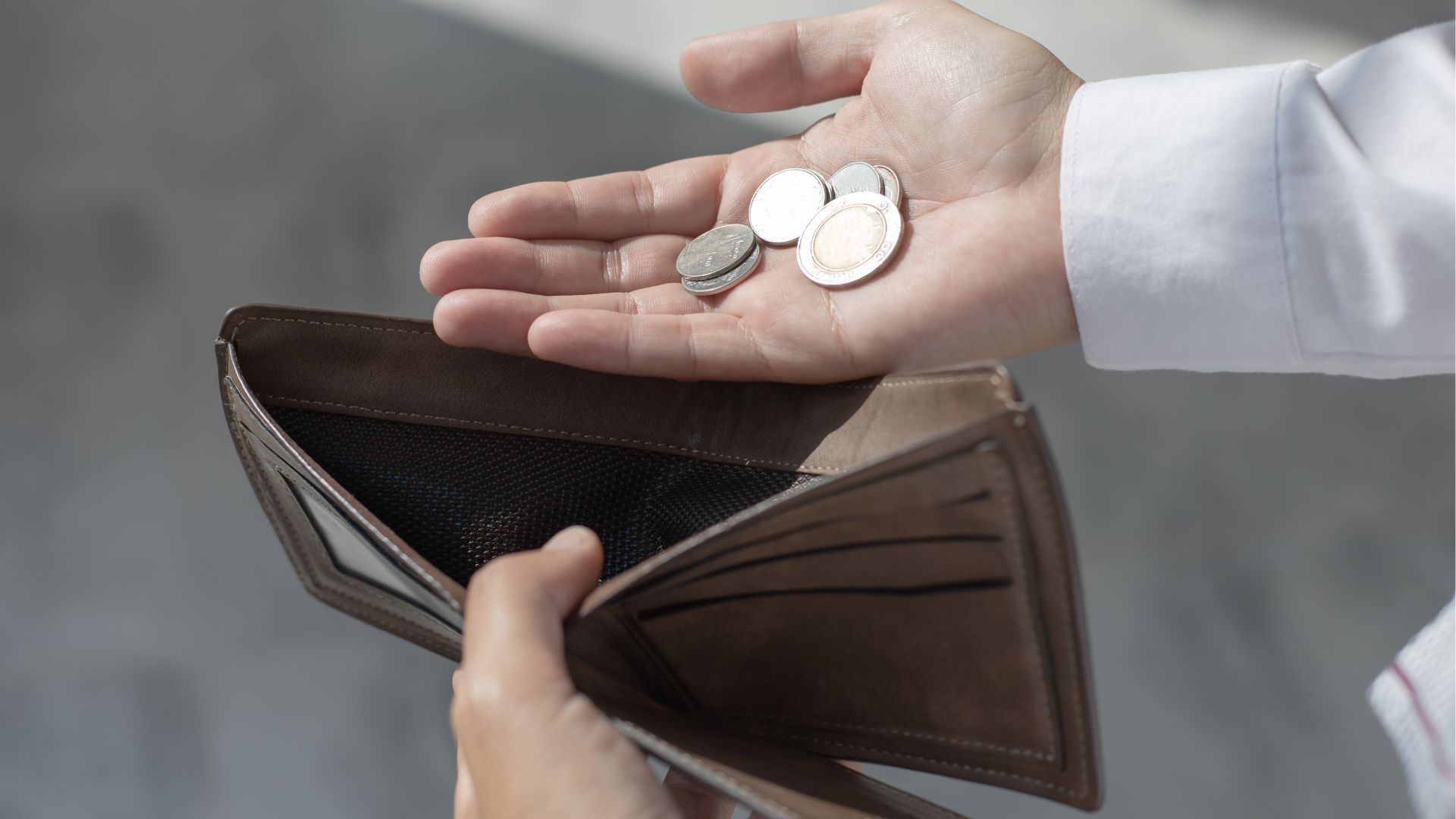Why are loan sharks a bad idea if you are in debt?
Loans are one way that people meet living costs.
But ethical lenders – organisations that offer safe sources of credit to low-income borrowers – have to compete with illegal, high-interest lenders.
“The problem really for us is reach, and can we reach those people that need us before they find bad players like loan sharks,” said James Wilkinson, head of credit risk and lending at Fair for You.
Fair for You was established in 2015 – with backing from Big Issue Invest – to provide affordable loans to people who might be rejected by prime lenders like big banks. It issues tens of thousands of loans per year.
But as prices soar, there is a growing credit vacuum for lower income borrowers, leaving families “at breaking point”, Wilkinson said.
“I know the demand is there. We don’t scratch the surface,” he added.
Advertising helps fund Big Issue’s mission to end poverty
“A lot of customers have fewer choices for credit now [as] their existing credit lines may have been withdrawn or maxed out.”
A lack of affordable subprime credit forces some people to turn to predatory illegal lenders. Such loans usually come with extortionate interest rates and can send people spiralling further into debt.
In June, research from Ipsos and Fair4AllFinance suggested that more than three million people have borrowed from an unlicensed or unauthorised money lender over the last three years.
Wilkinson suggests that big banks should signpost ethical lenders like Fair for You and collaborate with them.
“Big banks should be finding solutions that work for [people showing vulnerability], because they are going to fall prey to unscrupulous lenders,” he said.
Debt management organisations are inundated
Demand for debt services is rising across the board.
Advertising helps fund Big Issue’s mission to end poverty
More than 45,000 people approached Citizens’ Advice for energy debt help in the first six months of this year, up around 6,000 people on the same period last year. The average level of energy debt in this group is now over £1,700, the highest level on record.
Commercial debt organisations are also seeing an increase in clients. In the past year, MoneyPlus have seen a 126% increase in the number of consumers seeking debt help.
Many people have to borrow money just to cover essential costs, warned Jane Tully, director of external affairs and partnerships at the Money Advice Trust, the organisation managing the National Debtline.
Your support changes lives. Find out how you can help us help more people by signing up for a subscription
“As prices remain stubbornly high, we are hearing from many people struggling to pay for the basics like energy, food and council tax,” she said.
Two in five people who contact the National Debtline cannot afford to meet essential needs – and more than three quarters (79%) are worried about being able to pay for essentials going forward.
Advertising helps fund Big Issue’s mission to end poverty
“The situation is likely to get worse for many of the people we help,” Tully said.
Get the latest news and insight into how the Big Issue magazine is made by signing up for the Inside Big Issue newsletter
What can you do if you find yourself in debt?
If you do find yourself struggling with debt, seek advice from a debt charity. Non-profit organisations like Citizens Advice, StepChange, and National Debtline can help you draw up a debt management plan.
“If you feel you ever need guidance or to talk through your finances please do reach out, it could make all the difference,” said Step Change’s Richard Lane.
Ethical lenders like Fair for You provide low-cost credit with extended pay-back periods. You can find details of other responsible lenders via findingfinance.org.uk. They can help you increase your credit score, improving your eligibility for a loan from a lender like a bank in the future.









